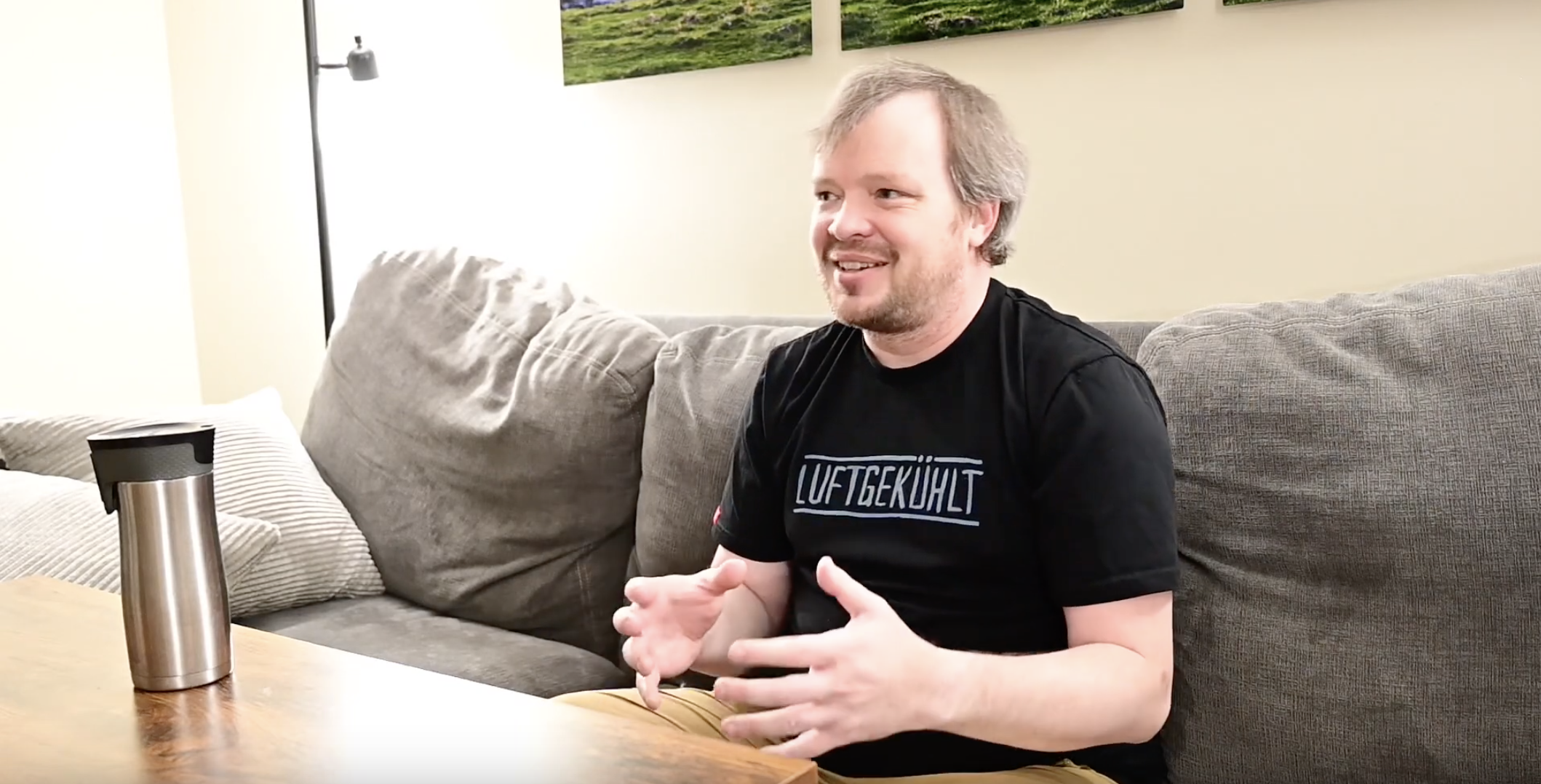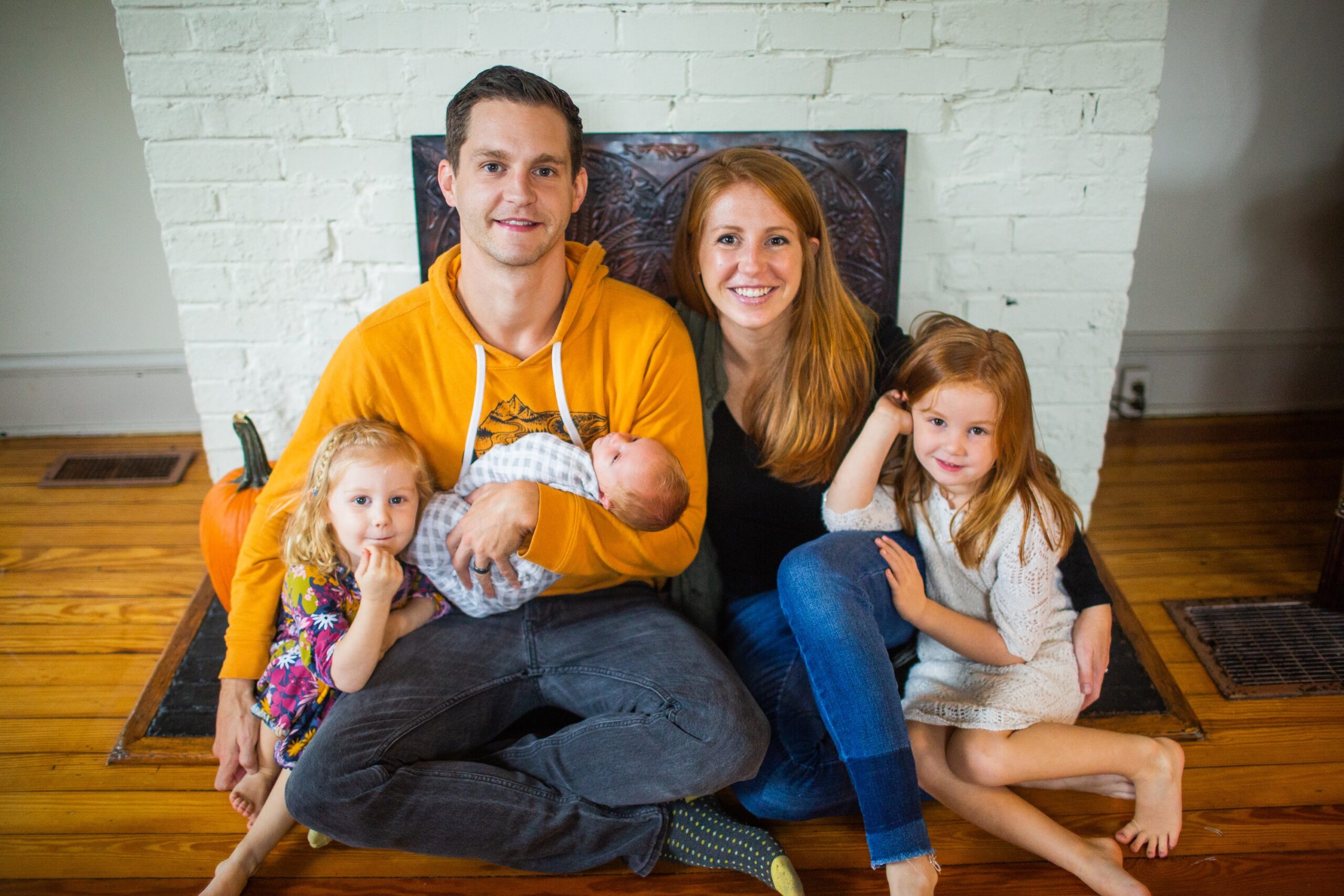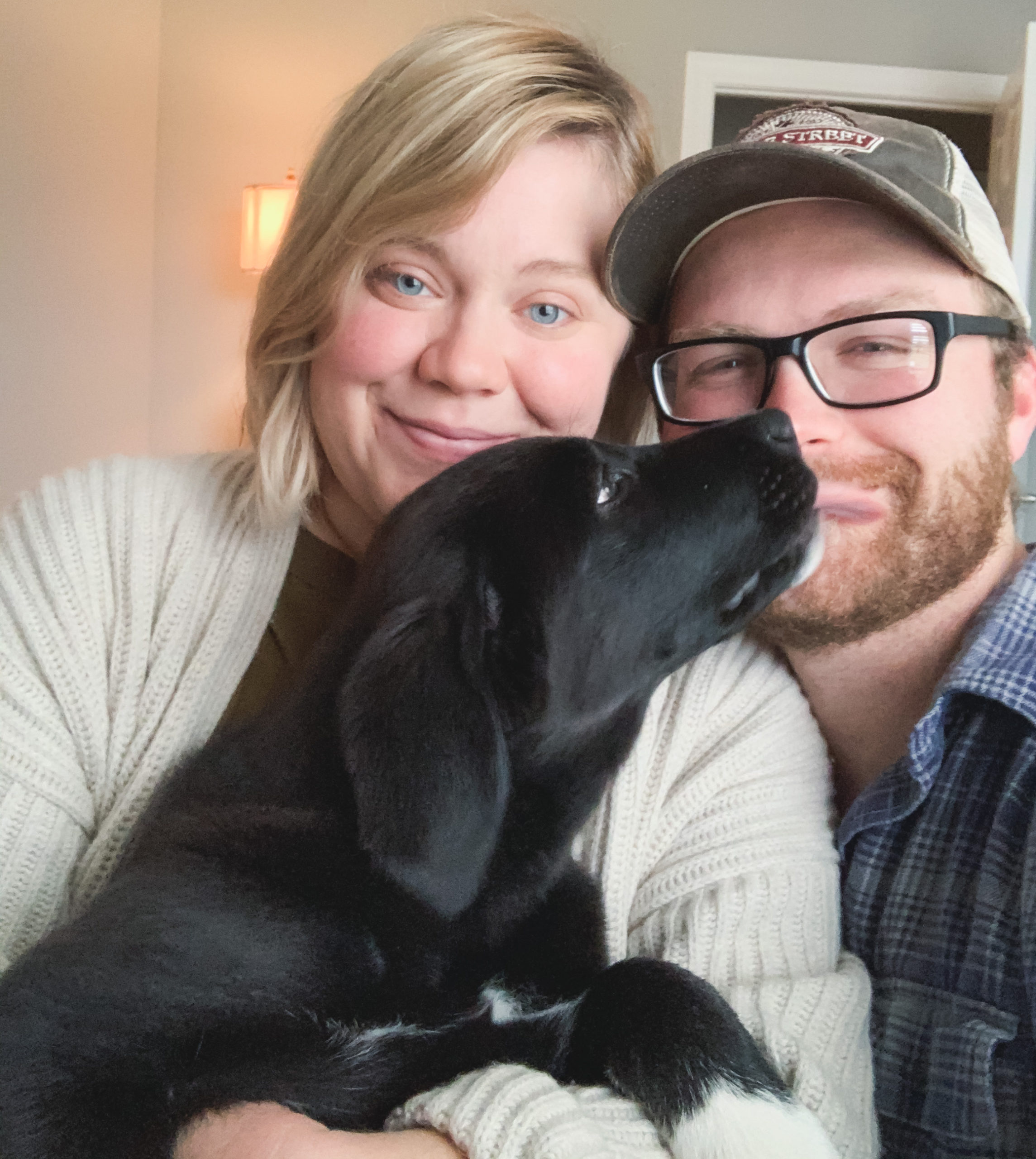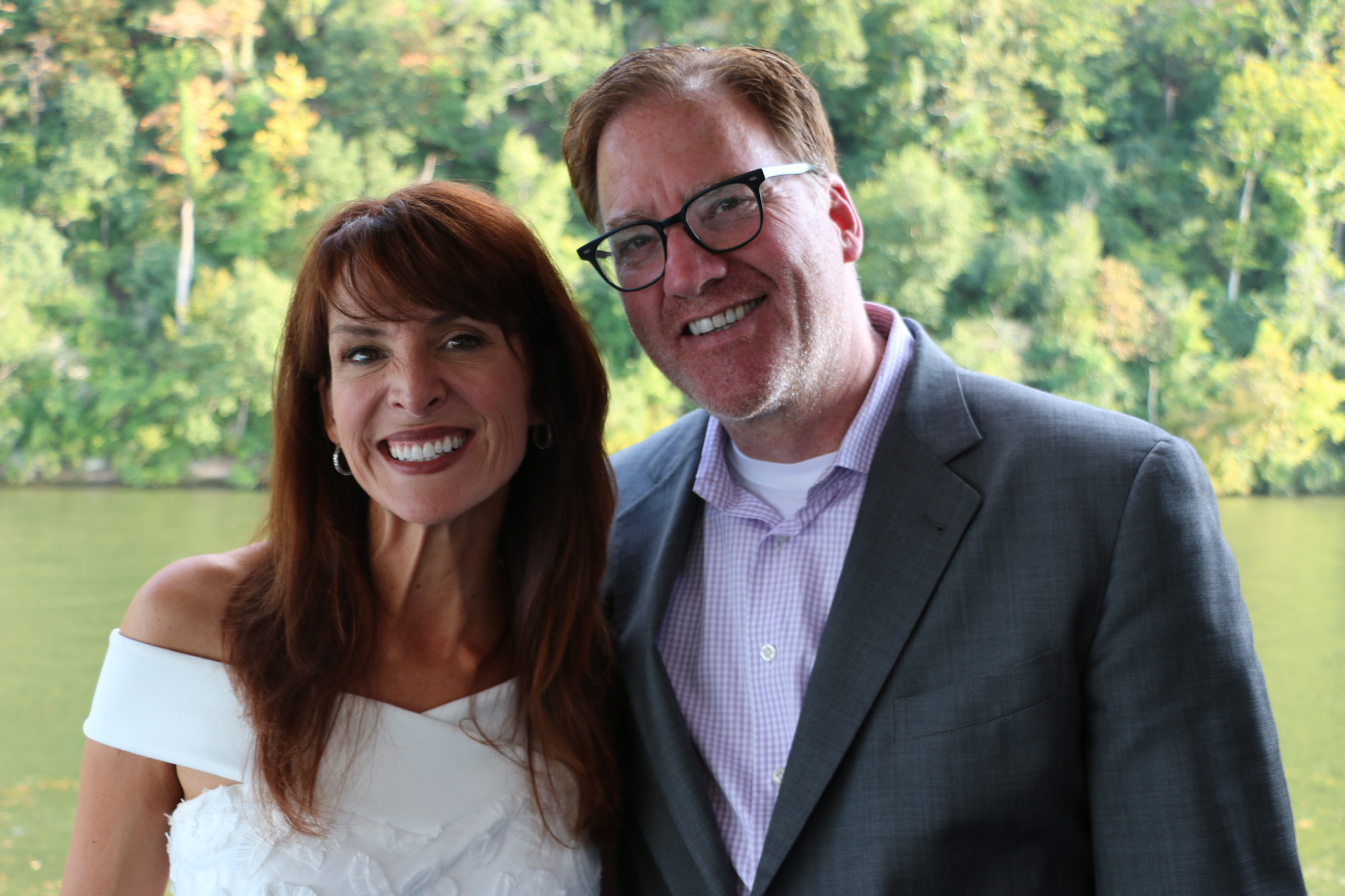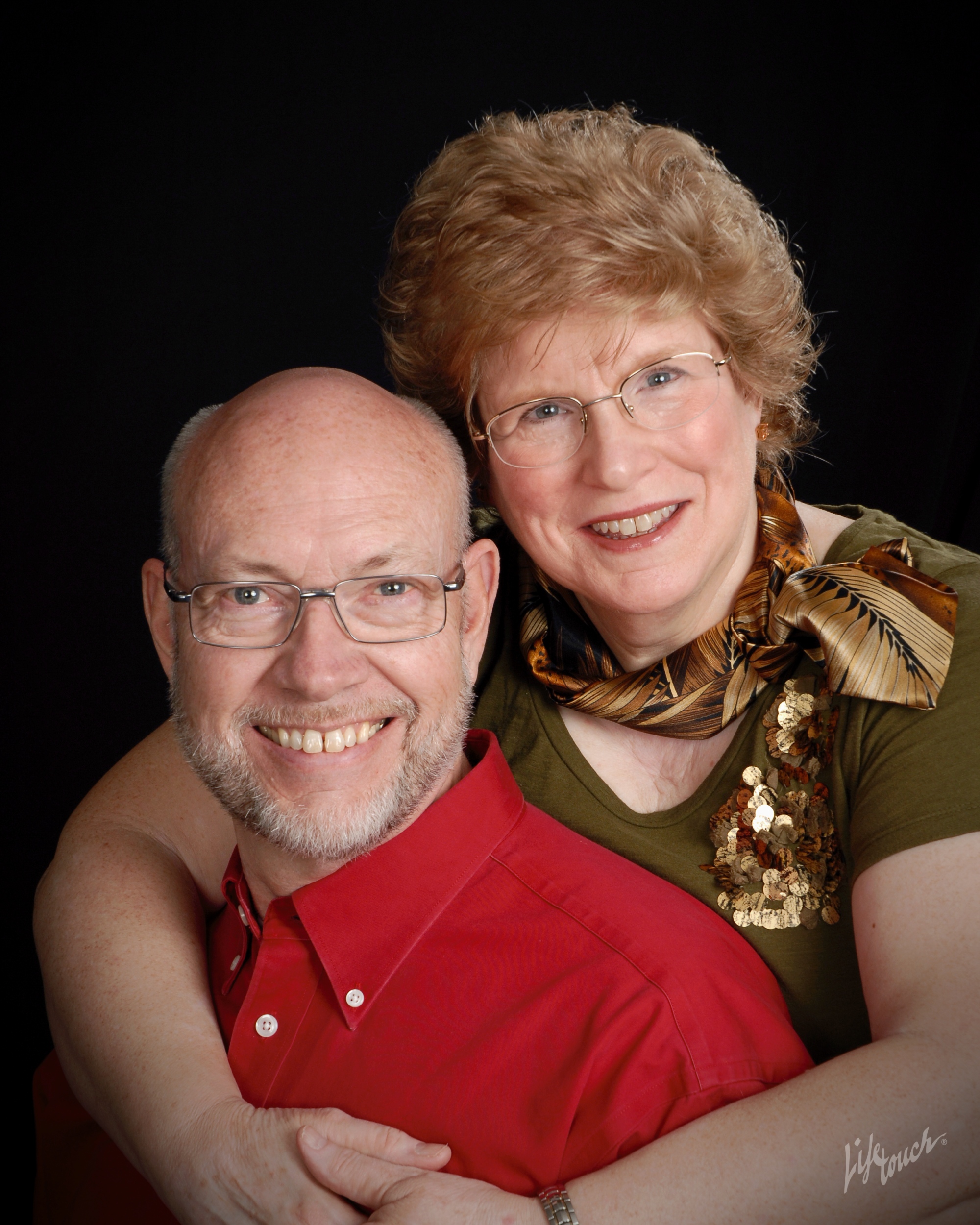Beliefs
Wells Not Fences
Our community views beliefs as “wells” rather than “fences.” Fences are designed to set clear, markable boundaries that protect insiders while blocking outsiders from entering. Fences are effective for small spaces but generally ineffective (and costly) in the open country. Wells, on the other hand, provide essential nourishment in harsh wastelands. When water is scarce, those who know where reliable wells are located won’t stray far from the source of vitality.
We allow generous space for everyone to wrestle with the big questions about life, faith, and God. Belief in God is not a small, confined space; it is a wide, open country for spiritual travelers. We see our beliefs as the wells we gather around, not the fences that decide who is in or out.
Helping People Find Their Way Back To God
Everything we do is about helping people find their way back to God. How we tell this story matters. We believe that our journey is always one that goes back to God to an original goodness and wholeness.
In the beginning, God created the earth as good (Genesis 1:4, 10, 12, 18, 21, 26, 21). Humanity was created “in the image of God,” as imprints of the divine and signposts pointing to God (Genesis 1:26-27). Humanity was designed to be co-workers with God, partners and stewards to tend a good creation (Genesis 2:15). The intention for creation and people was only for good.
Genesis 3 tells a different kind of story—a story about why things aren’t so good anymore. In that story, we are told that the human condition is one of exile from God’s presence, terminating in death. Humanity is marked by a desire to be god-like, to possess divine knowledge, but is ultimately mortal and limited. This story says that our distance from God and other people is the result of our desire to be our own gods and exert god-like knowledge, power, and control over others.
Finding our way back to God means that we start the story in Genesis 1, not Genesis 3. Our humanity is not inherently bad, even if our experience of the world is brokenness. “Helping people find their way back to God” implies that we live in a less-than-ideal world where we feel far from God. But it also implies that we are constantly on a forward journey that is about getting back to that original goodness. We believe that God hasn’t given up on creation or humanity. Even in brokenness of creation, God continues to partner with humanity for good purposes in the world. We believe that our work now is to seek God and the way God intended for the world to be.
Shalom
Shalom is a Hebrew word that means peace, wholeness, safety, and well-being. In short, shalom is the way God intended the world to be–the way the world should be. We believe that our lives should be centered around the practice of shalom. We should strive to make everything we do about reducing harm in the world and increasing shalom, increasing wholeness, peace, and the well-being of all. Each week, we conclude our Sunday gatherings by commissioning and sending each other to seek and bring shalom back into the world.
The Well: Jesus
The life and teachings of Jesus are our primary well, our primary organizing principles. We believe that following the way of Jesus gives us a new way of being human. We believe that the way of Jesus heals what is broken, is close to those who are poor and rejected, and lives among the messiness of humanity. One translation of John 1:14 says of Jesus that “the Word became flesh and blood and moved into the neighborhood.” By rooting ourselves in the postures and priorities of Jesus, we have the opportunity to become the people we are intended to be, the best version of ourselves, so that the world might experience shalom. We believe that the Good News (gospel) about Jesus is that life emerges from death, that the brokenness we experience is giving way to something New (1 Corinthians 15), that “the worst thing is never the last thing” (Frederick Buechner, The Final Beast).
The Bible
Every time we gather on Sunday, we enter into the story of God. We believe it is one of the most important ways we can respond to and hear from God. We value the words, symbols, and stories from the Bible, and we aren’t afraid to wrestle with it in all its complexity– all of it. We believe the Bible is multi-vocal, which means it contains many voices and perspectives over a long period of time from ancient Israel to the early church. Though it was written and communicated by human voices, we believe God is its source and that its meaning transcends time and space beyond its original contexts. We also believe the Bible is formative. Through it, we can experience a God who changes us into the people we were intended to be.
The Community of Faith & The Holy Spirit
Before Jesus ascended into heaven in John 20, he left his followers with two sources of support, encouragement, and power: the church and the Holy Spirit.
We believe the church to be a community of faith who wrestles with and experiences God together. This is a community that grows and changes alongside one another. We do not believe we were intended to huddle together to hoard resources or to look like a particular political campaign, but to be sent into our neighborhoods, workplaces, and communities to embody the restoration we believe comes from the story of God. We strive to embody a posture of hospitality to all, where all can find belonging, knowing that all of us are on a journey back to God.
The Holy Spirit is the way in which God acts and moves in the world today (Romans 8). Like the wind, we don’t always know where God’s Spirit is coming from or going, but we can often see the impact (John 4). It is through the Holy Spirit that we have hope over fear, that we have peace beyond understanding (Philippians 4), and that we are able to be a non-anxious presence in a highly anxious world. We believe the Spirit has equipped every person with unique gifts for the life of the community (1 Corinthians 12).


